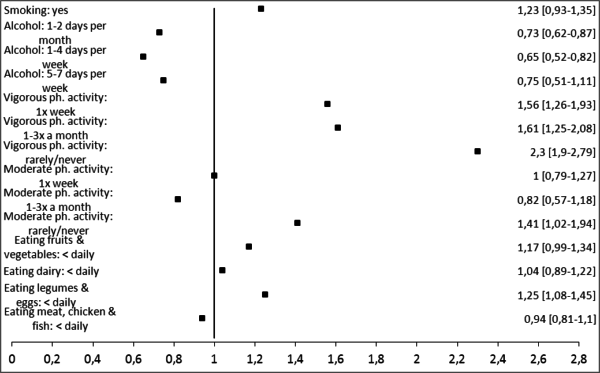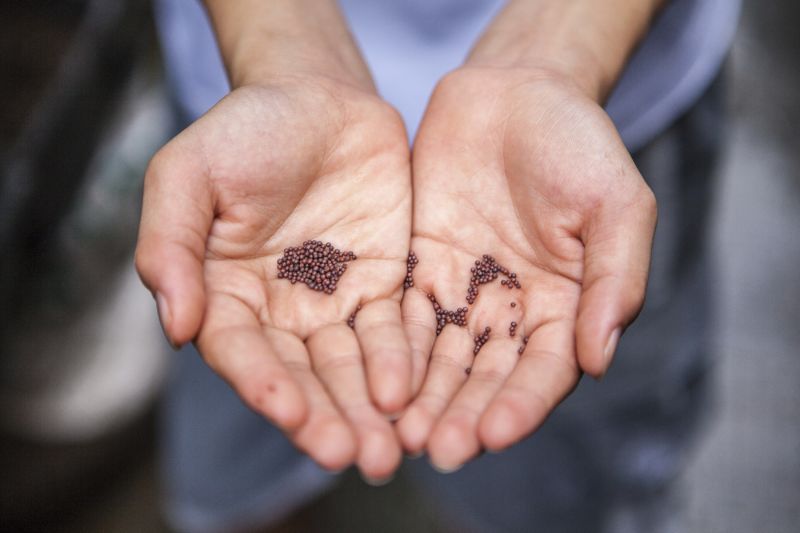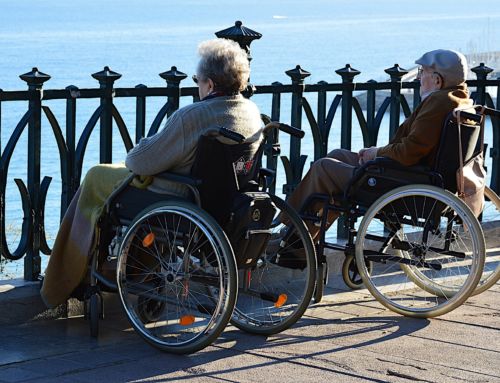To understand how health policies can help improve our quality of life in older ages, it is important to look at health behaviours and their relation to health outcomes. In a recent study, we examined this relationship in Estonia, where life expectancies and self-rated health among older adults have been relatively low in Europe. According to SHARE data from Wave 4 Estonia has the highest proportion (over 70%) of people aged 50 and above reporting fair or poor health compared with other countries in the survey.
We analysed SHARE data of Estonian main survey respondents and their partners (n=6660), aged 50 and older, who rated their own health as (1) excellent, (2) very good, (3) good, (4) fair or (5) poor in Wave 4. The scale was condensed into two categories: good (1-3) and poor (4-5), suited for handling the Estonian satisfaction scales. The health behaviour of the respondents in this study was measured by alcohol and cigarette consumption, frequency of physical activity and dietary choices.
After adjusting for all variables, results show that being male, originating from a foreign country, and having activity limitations or long-term illnesses bear high risks of reporting poor health. Some of the main concerns for men include consumption of more tobacco and alcohol, and of less fruit, vegetables and dairy products. It is essential to figure out which health intervention actions would be helpful in improving self-rated health of lower educated men.
Findings also show that people abstaining from alcohol use have better self-rated health – this is due to 83% of the abstainers already having everyday activity limitations or long-term illnesses. Therefore, older people not consuming any alcohol do so due to existing health problems, indicating that people with poorer health are less likely to drink alcohol. Respondents who rarely eat dairy products, meat, chicken, fish, legumes and eggs have a higher risk of protein–energy malnutrition. As expected, smokers and people with lower physical activity rate their health poorer. Interestingly, satisfaction with life removes statistically significant differences in self-rated health between smokers and non-smokers, indicating that other important factors influence perception of health besides health behaviour. Part of the self-rated health could be improved if physical activity frequency would increase, however, this can be applied to relatively healthy people who are not constrained because of everyday activity limitations or long-term illnesses.
Fig. 1: Odds Ratios of Poor Self-Rated Health for Health Behaviour Variables among Older Estonians
 Notes: Final adjusted model controls for sex, age, country of birth, partnership status, education, employment status, everyday activity limitations, long-term illnesses and life satisfaction. Reference groups are: smoking (no), alcohol consumption (never), vigorous physical activity (more than once a week), moderate physical activity (more than once a week), eating fruits and vegetables (daily), eating dairy products (daily), eating legumes and eggs (daily), eating meat, chicken and fish (daily).
Notes: Final adjusted model controls for sex, age, country of birth, partnership status, education, employment status, everyday activity limitations, long-term illnesses and life satisfaction. Reference groups are: smoking (no), alcohol consumption (never), vigorous physical activity (more than once a week), moderate physical activity (more than once a week), eating fruits and vegetables (daily), eating dairy products (daily), eating legumes and eggs (daily), eating meat, chicken and fish (daily).
About the authors:

Liili Abuladze is a researcher at the Estonian Institute for Population Studies, School of Law, Governance and Society, Tallinn University.

Nele Kunder is a lecturer and head of the health promotion curriculum in Tallinn Health Care College.

Katrin Lang is an associate professor in epidemiology, Faculty of Medicine, Institute of Family Medicine and Public Health, Tartu University.

Sirje Vaask is head of studies at the School of Natural Sciences and Health at Tallinn University.
The article is based on:
Abuladze L., Kunder N., Lang K., et al. (2017): Associations Between Self-Rated Health and Health Behaviour Among Older Adults in Estonia: A Cross-Sectional Analysis. BMJ Open, and is a longer version of a previous blog post published on the Population Europe website.











Leave A Comment